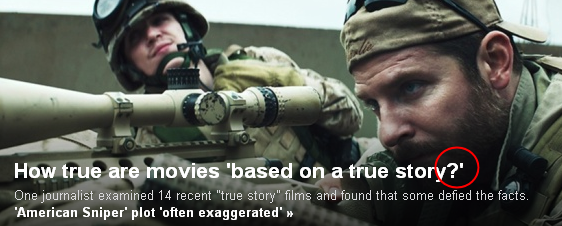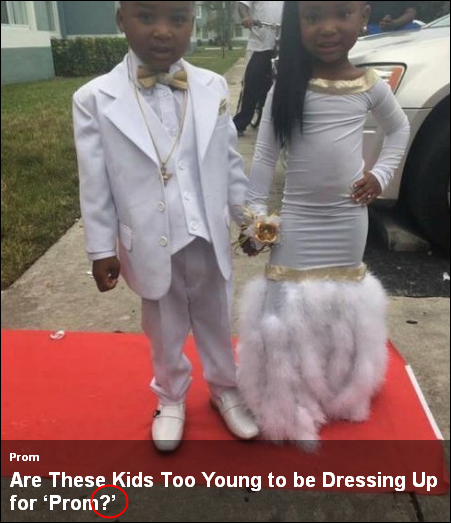Did Trump really rail about money for the WALL? That’s the question Yahoo News asks:
Did he rail or didn’t he rail? Perhaps he just asked the question, “Where is the money for … the WALL?” And perhaps the editors at Yahoo don’t know where a question mark goes when quoting an actual question. Here’s a hint: Before the closing quotation mark.










